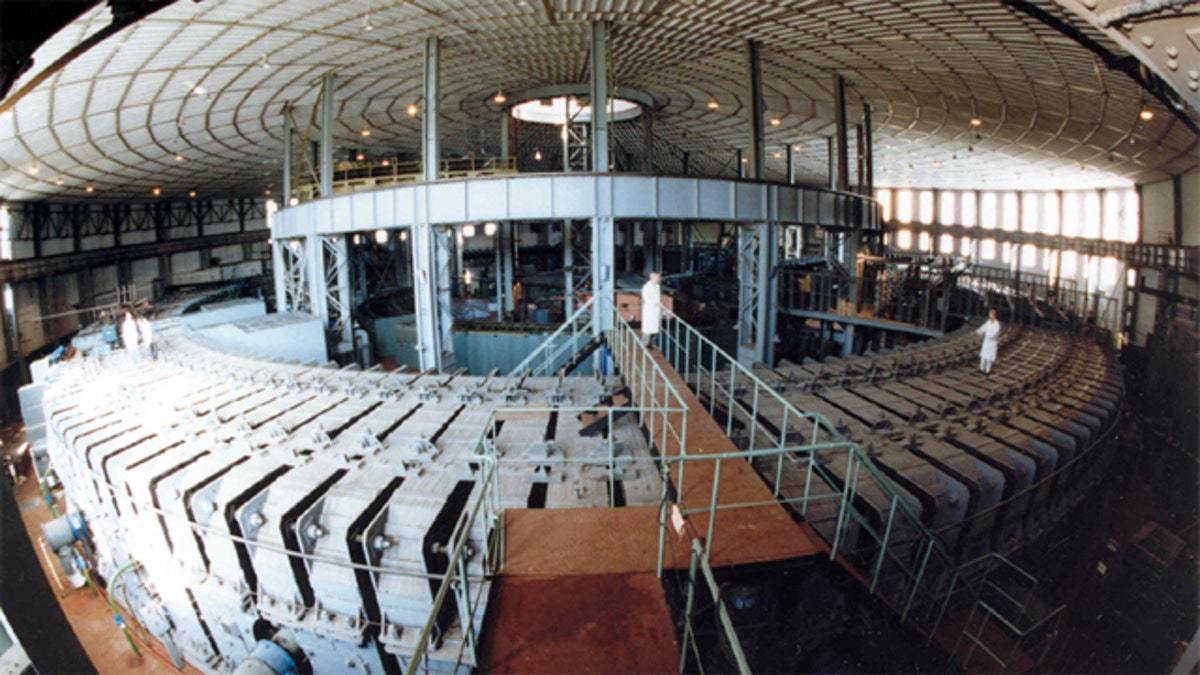
The synchrophasotron -- a 10 GeV proton and light nuclei accelerator (JINR)
After three years of review, a committee of international chemists and physicists has officially added two new elements to the periodic table: the yet unnamed elements 114 and 116.
Currently going by ununquadium and unuhexium, they're the heaviest on the table with atomic masses of 289 and 292 respectively, ousting previous title holders copernicium (285) and roentgenium (272).
Both official new elements are highly radioactive, existing for less than a second before decaying into lighter atoms, making it particularly difficult for researchers to prove their existence with several groups claiming to have produced the elements in the lab but ultimately only two teams provided sufficient evidence to gain official approval -- the Joint Institute for Nuclear Research (JINR) in Dubna, Russia and Lawrence Livermore National Laboratory in California.
To create the new elements, the teams smashed lighter atoms together in a particle accelerator. To build 116, they combined curium (96) and calcium (20), which shortly decayed to 114.
Evidence for the new elements was discovered as far back as 1999 when Russian physicists bombarded plutonium-244 with calcium-48, forging a single atom of rapidly decaying 114. A decade of further experimentation plus a three-year review process was then required to give the elements official status by the International Union of Pure and Applied Chemistry (IUPAC) and the International Union of Pure and Applied Physics.
Arguments for elements 113, 115 and 118 were also presented for approval but the committee concluded that the results, while encouraging, didn't fulfill the necessary criteria just yet.
The final step is to name the two elements. Traditionally, the team that produces a new element is the one that gets to name it and since the Russian team in Dubna gets most of the credit, it's likely to be a smooth naming process, so long as, according to one committee member, "it's not something too weird."
For now, the JINR team have proposed the name flerovium for 114, after Soviet element-finder Georgy Flyorov, and moscovium for 116, after Russia's Moscow region.








































